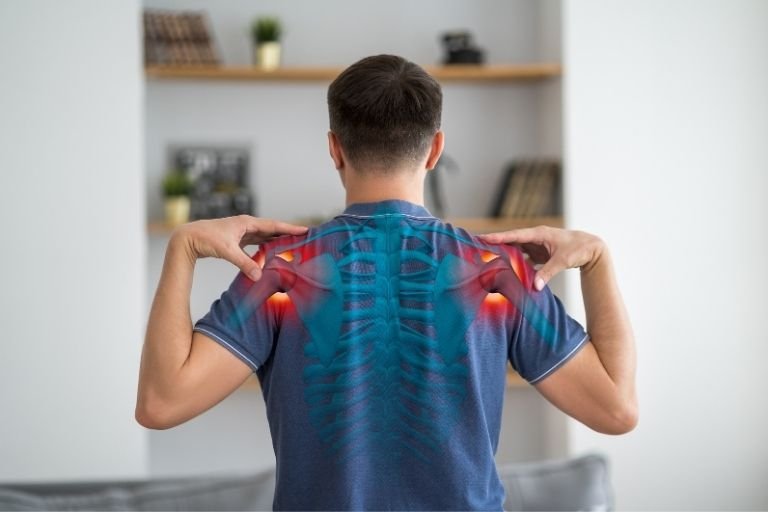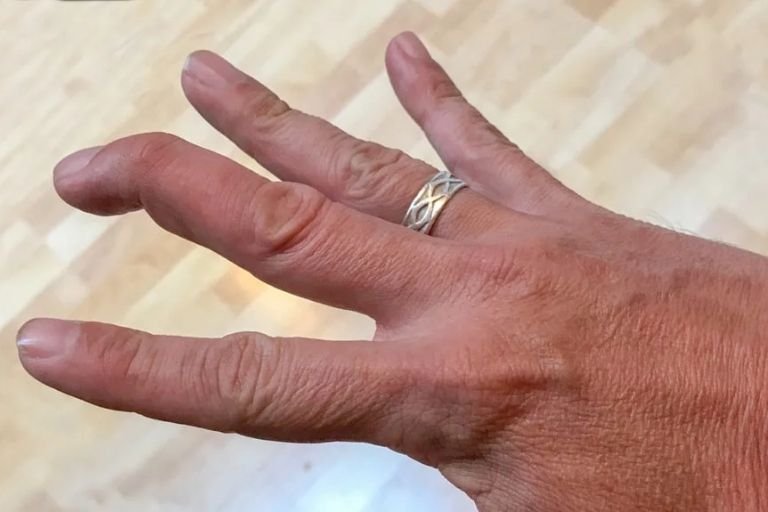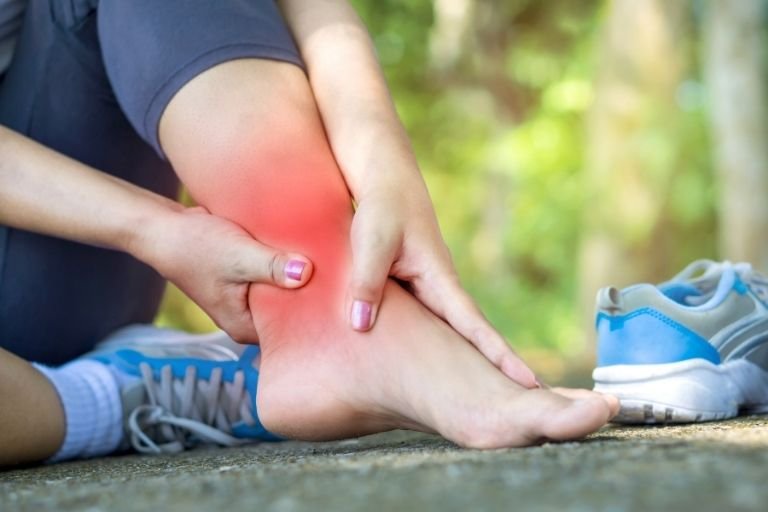- Fitwell Physiotherapy
Balance & Coordination Issue

Balance and coordination are fundamental aspects of human movement, essential for daily activities ranging from walking to more complex tasks like driving or playing sports. When balance and coordination issues arise, they can significantly impact an individual’s quality of life. Let’s delve into the symptoms, causes, when to seek help, risks, prevention strategies, and treatments for these issues.
Please submit your details below.
Symptoms:
- Dizziness or Vertigo: Feeling lightheaded, unsteady, or a sensation of spinning.
- Difficulty Walking: Experiencing stumbling, swaying, or a general lack of stability while walking.
- Clumsiness: Frequent tripping, bumping into objects, or dropping items.
- Trouble with Fine Motor Skills: Difficulty with tasks requiring precise movements, such as buttoning a shirt or writing.
- Impaired Spatial Awareness: Difficulty judging distances or spatial relationships between objects.
Causes:
- Inner Ear Disorders: Conditions like Meniere’s disease or benign paroxysmal positional vertigo (BPPV) can affect the vestibular system, leading to balance issues.
- Neurological Conditions: Stroke, multiple sclerosis (MS), Parkinson’s disease, or brain injuries can disrupt signals between the brain and body, affecting coordination.
- Musculoskeletal Problems: Joint pain, muscle weakness, or conditions like arthritis can impair movement and balance.
- Medications: Certain medications, particularly those that affect the central nervous system, can cause dizziness or imbalance as side effects.
- Age-related Changes: As people age, changes in vision, muscle strength, and sensory perception can contribute to balance and coordination problems.
When to See a Physiotherapist:
- Persistent Symptoms: If balance and coordination issues persist or worsen over time.
- Recent Injury or Illness: Following a fall, head injury, or diagnosis of a neurological condition.
- Changes in Function: Difficulty performing daily activities due to balance or coordination problems.
- Vertigo or Dizziness: Especially if accompanied by other symptoms like nausea, vomiting, or hearing loss.
Risks:
- Increased Risk of Falls: Balance problems can lead to falls, resulting in injuries such as fractures or head trauma.
- Reduced Independence: Difficulty with mobility and daily tasks may require assistance from others.
- Impact on Mental Health: Persistent imbalance can lead to anxiety, depression, or social withdrawal.
Prevention:
- Stay Active: Regular exercise, including activities that improve strength, flexibility, and balance, can help prevent issues.
- Healthy Lifestyle: Maintain a balanced diet, stay hydrated, avoid smoking, and limit alcohol intake to support overall health.
- Safety Measures: Use handrails, non-slip mats, and appropriate footwear to reduce the risk of falls at home.
- Regular Check-ups: Monitor and manage underlying health conditions that can affect balance, such as diabetes or hypertension.
Treatments:
- Physiotherapy: A physiotherapist can develop a personalized exercise program to improve strength, flexibility, and balance.
- Vestibular Rehabilitation: Specific exercises and maneuvers can help retrain the vestibular system and alleviate symptoms of vertigo or dizziness.
- Medication: In some cases, medications may be prescribed to manage symptoms or underlying conditions.
- Assistive Devices: Canes, walkers, or orthotic devices may improve stability and reduce the risk of falls.
- Surgical Intervention: In severe cases or when other treatments are ineffective, surgical options may be considered to address underlying issues.
Balance and coordination issues can significantly impact daily life, but with proper diagnosis and management, individuals can regain function and maintain independence. Early intervention and a comprehensive approach to treatment are key to optimizing outcomes and preventing complications.
Frequently Asked Questions
Related Conditions
How Fitwell Physiotherapy Can Help?
Dr. Richa’s Fitwell physiotherapy has an extensive team of physiotherapists all within their own specialist areas of physiotherapy. Whatever your condition, we guarantee that we will have the best physiotherapist for you. We assess, diagnose, plan, cure and care for you.
Fitwell Physiotherapy Clinic, Pune provides you best physiotherapy treatment in Kharadi, pune. We also serve Chandan Nagar, Vadgaon Sheri, Keshav Nagar, Wagholi & nearby Areas in Pune. We are experts in treating Neck Pain, Hand Pain, Back Pain, Lower Back Pain, Knee Pain, Stiff Neck, Sciatica, Arthritis, Stroke Paralysis & Post Surgical Rehab.
We provide Specialized physiotherapy treatments in Sports Injuries, Pre and post Surgery, Neurologic, Pediatric, Chronic Pain/Fatigue, Rheumatology, Women’s Health, Men’s Health, Ergonomics, Vestibular, Amputees & all sort of Pain treatment and lifestyle conditions.

































































































